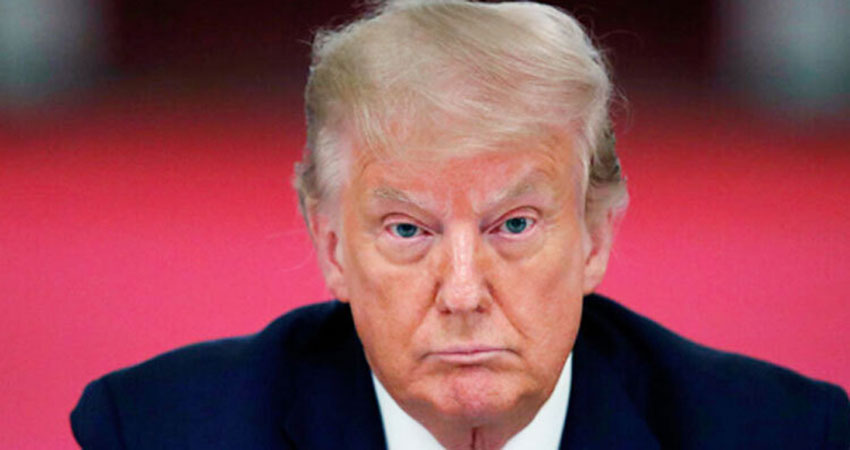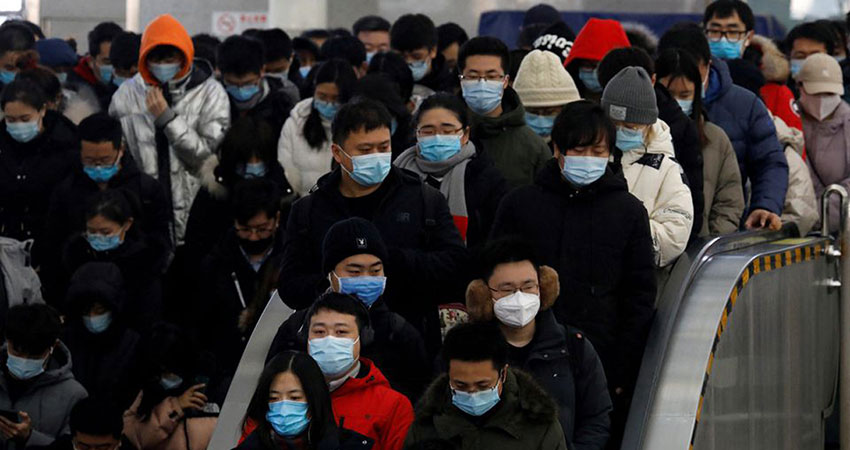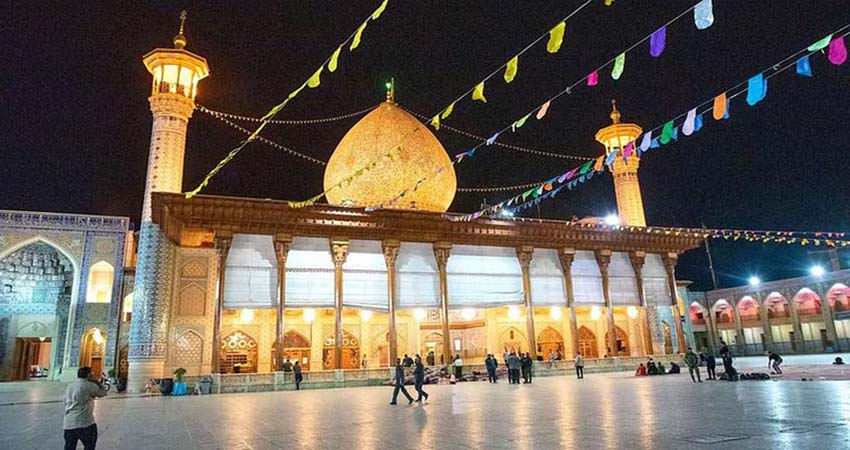"Nuclear threats emanating from the war in Ukraine as well as in Asia and the Middle East have put the world one miscalculation away from nuclear annihilation", the United Nations secretary-general said, reports Aljazeera.
At the UN on Monday, Antonio Guterres issued the dire warning at the opening of a long-delayed meeting to review the landmark 50-year-old Non-Proliferation Treaty (NPT) aimed at preventing the spread of nuclear weapons and eventually achieving a nuclear-free world.
Guterres told many ministers, officials and diplomats gathered in the General Assembly Hall that the month-long review conference is taking place "at a time of nuclear danger not seen since the height of the Cold War".
The meeting is "an opportunity to hammer out the measures that will help avoid certain disaster, and to put humanity on a new path towards a world free of nuclear weapons", he said.
However, Guterres warned that "geopolitical weapons are reaching new highs" as almost 13,000 nuclear arms are in arsenals around the world and countries are seeking "false security" by spending hundreds of billions of dollars on "doomsday weapons".
"We have been extraordinarily lucky so far. But luck is not a strategy. Nor is it a shield from geopolitical tensions boiling over into nuclear conflict," the UN chief said.
US Secretary of State Antony Blinken noted North Korea is preparing to conduct its seventh nuclear test, Iran "has either been unwilling or unable" to accept a deal to return to the 2015 nuclear agreement aimed at reining in its nuclear programme, and Russia is "engaged in reckless and dangerous nuclear saber-rattling" in Ukraine.
He cited Russian President Vladimir Putin's warning after his country's February 24 invasion of Ukraine that any attempt to interfere would lead to "consequences you have never seen," emphasising his country is "one of the most potent nuclear powers".
This is contrary to assurances given to Ukraine of its sovereignty and independence when it gave up its Soviet-era nuclear weapons in 1994, Blinken said, and sends "the worst possible message" to any country thinking it needs nuclear arms to defend itself and deter aggression.
'Never unleashed'
Putin, meanwhile, said there could be no winners in a nuclear war and one should ever be started.
"We proceed from the fact that there can be no winners in a nuclear war and it should never be unleashed, and we stand for equal and indivisible security for all members of the world community," he said.
Japan's Prime Minister Fumio Kishida – whose country suffered two atomic blasts by the United States during World War II – said divisions in the world since the last review conference in 2015, which ended without a consensus document, have become greater.
He stressed that Russia's threat to use nuclear weapons in the Ukraine war has contributed "to worldwide concern that yet another catastrophe by nuclear weapon use is a real possibility".
International Atomic Energy Agency (IAEA) Director-General Rafael Grossi said the Ukraine conflict is "so grave that the spectre of a potential nuclear confrontation, or accident, has raised its terrifying head again".
Grossi warned that at the Zaporizhzhia nuclear plant, "the situation is becoming more perilous by the day", and he urged all countries to help make possible his visit to the facility with a team of IAEA safety and security experts, saying his efforts for the past two months have been unsuccessful.



















